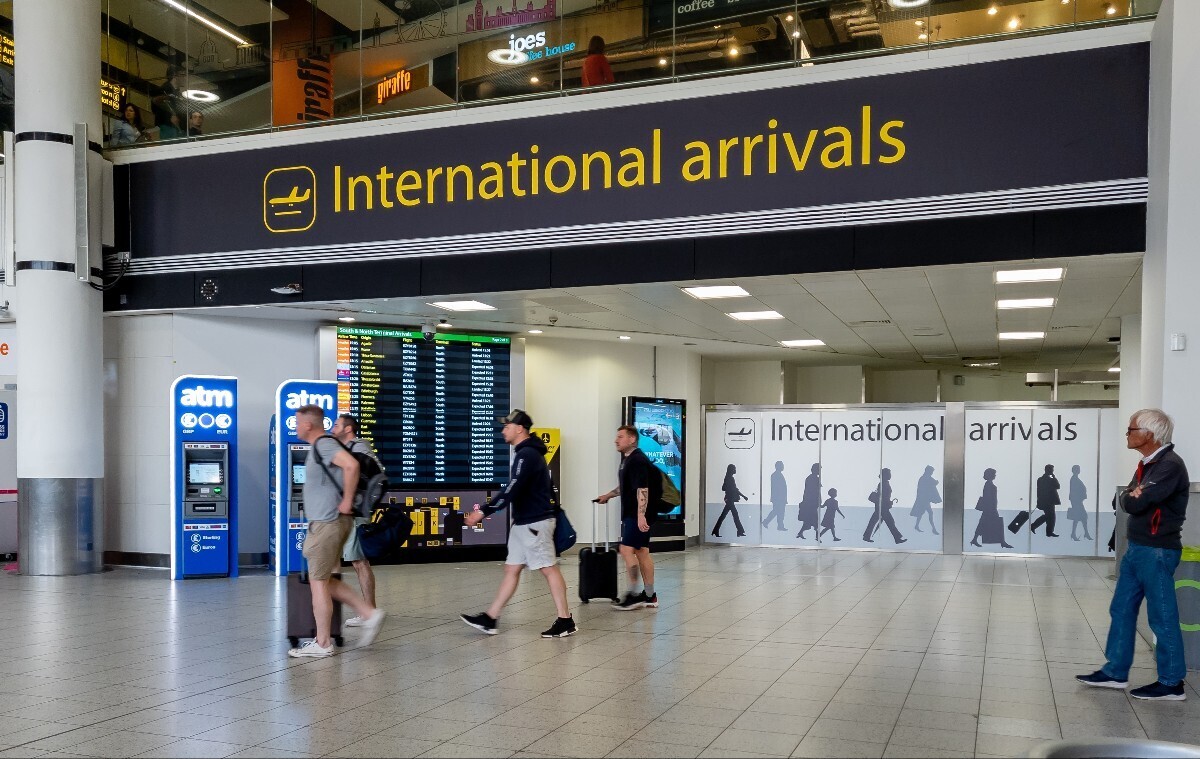
The basics of tax residency seem simple; the country where you primarily live, own a home, work, or spend the majority of your time is also usually your country of residence for tax purposes. Complications often arise when relocating, not least because it may be tricky to establish the right tax residency status when you have spent part of the year in one country, and the remainder in another.
Many expatriates also find the transition of returning to the UK after living in Spain for an extended period challenging, with the potential of outstanding tax liabilities or declarations due to the Spanish tax authorities, while also needing to inform HMRC.
The expat financial advisory specialists at Chase Buchanan Wealth Management share guidance about the factors that will influence your tax residency position – and why it makes such a difference.
Planning a Relocation Back to the UK From Overseas
Our first advice would be to consider tax planning as big a priority as packing your belongings, buying or selling a home in either location or booking your flights. Any international move requires a great deal of budgeting and organising, but leaving your tax affairs at the bottom of your to-do list could be a big error.
Most British citizens returning to the UK who have lived overseas for less than five continual tax years have, in the meantime, been categorised as temporary non-residents, according to HMRC. That also means that if you've been abroad for over five years, the tax treatments applied to income and capital gains may vary.
Another issue is that UK citizens who have lived overseas but own British assets such as a rental property or have visited regularly might be classed as UK tax residents before their physical move – and knowing the exact date you become a tax resident may become important.
It might be advantageous to schedule your return to coincide with the start of the next tax year, primarily because that can make your tax declarations more streamlined, without income or taxable earnings within the same tax period arising within two different countries.
However, if the practicalities make that unviable, it remains essential to get your filing obligations in Spain and the UK up to date before you complete your move – where investments, bank accounts, property assets and pensions may need to be restructured, consolidated or transferred in advance.
How to Evaluate Whether You Are a UK Tax Resident
The standard system is called the Statutory Residence Test, or SRT. It consists of a series of questions and considerations that help define your tax residency location. However, the test is often more involved than it may at first appear.
Working through the SRT also highlights some circumstances that might mean your tax residency position is different than you had assumed. There are four automatic residence tests – meeting any of the thresholds means you are automatically deemed to have been a UK tax resident in that tax year.
Expatriates returning to the UK who do not meet any automatic residence test but do match any of the standards in the automatic non-residence tests will likewise be treated as non-residents for that tax year.
If the SRT doesn't arrive at a conclusion, the test moves on to the sufficient ties test. As a quick overview:
- Automatic UK residence tests: spending 183 days or more in the UK, having a primary residential home in the UK and living there for 91 or more days a year, or working in a UK-based full-time role without significant breaks.
- Automatic overseas tests: Spending less than 16 days in the UK if you were a UK resident in one or more of the last three tax years or spending under 46 days in the UK otherwise. Working full-time abroad, spending under 31 days working in the UK and less than 91 days in total.
- Sufficient ties tests consider accommodation, employment, and family connections to one country or another.
All these assessments are important because they dictate your tax residency – which indicates the country in which you are obligated to file tax returns and remit tax payments. If, for instance, you are planning to sell a property as part of your return to the UK from Spain, you might need to think about your tax status at the point of sale – and how that will affect your capital gains tax exposure.
The Importance of Tax Residency Status When Relocating Back to the UK
Tax residency is not always consistent with physical residency, nor does it consider your visa, work permit, or any permanent residency permit you might have. Instead, tax authorities use the system to work out where you are a tax resident and, therefore, which tax rates and regimes will apply to your income, assets, and finances.
While property sales and ownership are common complications, you might also need to implement strategic tax planning and decide how to manage offshore assets and investments before and after your move back to Britain. Some investment products may have early exit penalties, further influencing your plans and whether you retain those assets as a non-Spanish resident.
Other tasks will usually involve:
- Notifying both respective tax authorities of your move, filing any final tax submissions, or making plans to submit returns due for previous tax periods.
- Clearing any tax obligations owing to ensure you do not have any outstanding affairs.
- Closing bank accounts and transferring cash from one jurisdiction to the next – ensuring you avoid over-exposure to exchange rate risks.
- Verifying whether you need to make additional voluntary National Insurance Contributions on your return to retain eligibility for the UK State Pension.
For more information about the Statutory Residence Test, establishing whether you are a tax resident in the UK or Spain, or managing your finances well ahead of your move, please get in touch with the Chase Buchanan Wealth Management team. We have three Spanish offices in Marbella, Javea, and Tenerife, alongside our UK Administration Centre on hand to provide tailored advice about the tax implications of your relocation.
Read more about Chase Buchanan - Expat Wealth Management Firm, Chase Buchanan, Announces Free Information-Sharing Seminar For Expatriates in Tenerife
About Chase Buchanan Private Wealth Management
Chase Buchanan is a highly regulated wealth management company that specialises in providing global finance solutions for those with a global lifestyle. We are global financial advisers, supporting expatriates around the world from our regulated European headquarters, and local offices across Belgium, Canada, Canary Islands, Cyprus, France, Malta, Portugal, Spain, UK and the USA.
Chase Buchanan Ltd is authorised and regulated by the Cyprus Securities and Exchange Commission with CIF Licence 287/15.
******
Source Company - https://chasebuchanan.com/






